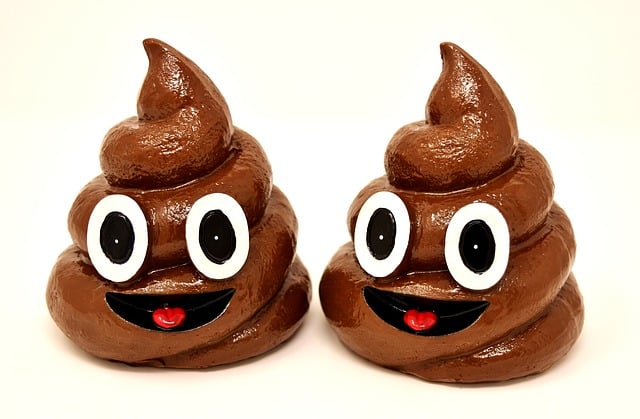
Ways to improve YOUR digestion!
Do you often take a peek at your daily "movement?"
If not, you MUST keep reading, because you want to start TODAY.
As we've learned in the last few action-packed emails, gut health = overall health.
In fact, according to Hippocrates, the father of modern medicine,
“all disease begins in the gut.”
Eating nutrient-dense foods is an AMAZING way to improve your health, but if your digestion is compromised, many of the nutrients you're eating are going to waste.
Which is why you are not what you EAT..but what you ABSORB.
(We've talked about this, I know, but it bears repeating!)
So for those of you with severe digestive issues, I highly recommend having a stool analysis to find out exactly what's happening in your gut. I've had several and even though I wouldn't say it was necessarily enjoyable, the information I obtained was priceless.
Studying your stool isn't only for those with digestive issues. Checking your daily bowel movements can actually tell you a lot about the state of your health.
For instance, it can tell you whether or not you're:
- Properly digesting fat
- Digesting food with proper timing
- Suffering from a food allergy/intolerance
- Dehydrated
- Eating adequate fiber
Changes in your stool can also be one of the FIRST indicators of a serious health issue. It's literally your very own front row seat to the health of your digestive system.
So, even if you're not ready to fork over your hard-earned dollars for professional testing, there are some simple things you can look for each day to make sure your digestion (and health!) are on the right track.
Here is my 6 point check for perfect poo...😊
1. Check the frequency.
Though it can vary depending on your diet, physical activity, and other variables, it's considered normal to have at least 1-3 movements each day.
2. Check the shape.
Your movement should be smooth and banana (or snake!)-shaped.
3. Check the color.
Medium brown is normal. Greenish colored stool indicates that food is moving too quickly through your digestive tract. Red can mean hemorrhoids and dark brown/black may be upper intestinal bleeding.
4. Check the SIZE.
Approximately 12 inches passed daily is the gold standard. This can be all at once or broken up into smaller movements.
5. Check the smell.
Contrary to popular belief, poop shouldn't smell THAT bad. A little scent is normal, but if it smells horrible, you are likely dealing with a food intolerance or gut inflammation.
6. Check the effort.
You should hear a splash as your poop hits the water and then it should sink. It should also be effortless. If you're sweating by the end, there's something amiss.






